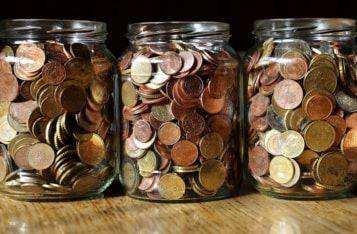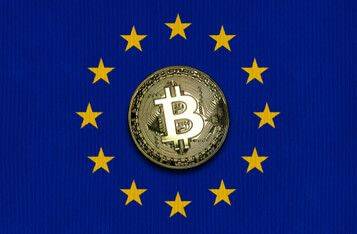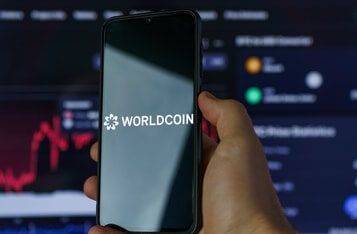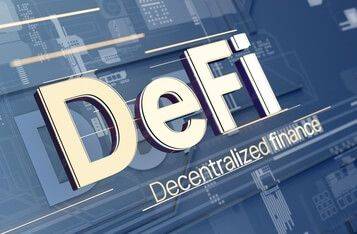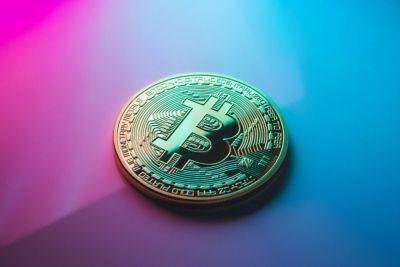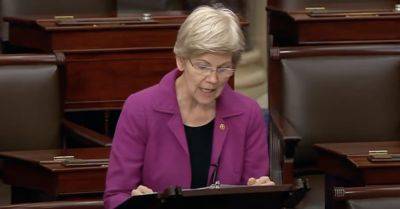Is the banking crisis coming to an end? As JP Morgan CEO notes, risks linger
Fresh from the rescue of First Republic, the latest US regional bank to go under, JP Morgan’s chief executive, Jamie Dimon, has been talking down the threat of contagion.
He claims the domino effect that started with Silicon Valley Bank’s collapse and was quickly followed by Signature Bank, Credit Suisse, and now First Republic, is coming to an end. “There may be another smaller one, but this pretty much resolves them all,” Dimon told analysts on Monday. “This part of the crisis is over.”
The boss of Wall Street’s largest bank undoubtedly has a vested interest in maintaining confidence in the financial sector. But even Dimon acknowledged that there are lingering risks, particularly in the US, where, he said, a fresh recession and higher-for-longer interest rates could reveal “other cracks in the system”.
Aside from Credit Suisse – which was limping along following decades of scandals – all of the lenders that have collapsed since March have been American. And furthermore, most were small to mid-sized lenders, which have been subject to weaker regulations since 2018. It meant they faced less oversight as customers pulled about $1tn-worth of deposits in the year to March, just as interest rates started to rise.
Growing fear over the wider health of the financial sector after Silicon Valley Bank’s collapse on 10 March sent regional bank stocks plunging. The market reaction in turn spooked customers, who started to withdraw their cash and park it with larger, more stable banks like JP Morgan.
With fewer deposits, banks are at risk of a liquidity crunch, since they could run out of quick cash to repay customers demanding funds. First Republic, for example, held roughly $174bn-worth of deposits the day before SVB failed, but went
Read more on theguardian.com


